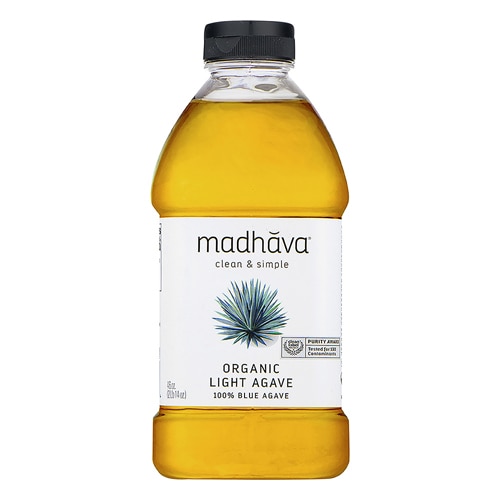How can I sweeten my green tea? What do I put in my coffee if I’m not adding milk or one of the popular low-calorie sugar substitutes? Perhaps questions similar to these have crossed your mind as you started following a Paleo, or any healthy living, diet.
While avoiding artificial sweeteners is, indeed, as step in the right direction, I always encourage my clients to take it one step further and examine why one feels they need to eat or drink something sweet in the first place.
In my observations, I’ve found that the cravings happen for a number of reasons, from not eating enough calories earlier in the day to not properly balancing the macronutrients (fat, carbohydrate and protein) in meals.
I work with people to design eating plans that help them to feel more energized with balanced blood sugar levels all day long, rather than crashing and burning as a result of eating too little and not properly sourcing calories.
Once a healthier diet is in being followed, I try to help people differentiate the "need for something sweet" from the occasional splurge-treat, which might be suitable for a birthday party or other celebration (not indulging on a daily basis!).
What are some natural sweetener options?
Is there such thing as a Paleo-approved sweetener? Obviously, cavemen weren’t using brightly colored packets of white powder. So if we’re mimicking their eating patterns, what does that leave us with?
Agave nectar is often mistaken for being a natural option, but in actuality, despite having less calories than sugar (40 per tablespoon, versus 60, respectively), it’s highly processed. And with the exception of pure liquid fructose, agave nectar has the highest fructose content of any commercial sweetener.
"Agave syrup is almost all fructose, highly processed sugar with great marketing," said Dr. Ingrid Kohlstadt, a fellow of the American College of Nutrition and an associate faculty member at Johns Hopkins School of Public Health, "Fructose interferes with healthy metabolism when consumed at higher doses.”
Honey is another possibility, as it’s a naturally occurring food that could theoretically be gathered and eaten as is (as long as you don’t mind venturing into the proximity of a beehive, that is!). But is raw honey a healthy option?
While natural honey is less processed and provides small amounts of nutrients and antioxidants lacking in white sugar, it provides even more calories than sugar and has a similar carbohydrate profile. Honey may be a bit healthier than sugar, but it’s best to cut back on sugars of all kinds.
Dr. Loren Cordain, PhD, founder of the modern Paleo movement, put it best when he stated, “Humans consume sweet foods with complete abandon, whether it’s man-made or natural.”
He advises us to “Keep honey as a rare treat, as our hunter-gatherer ancestors did, which will limit reward to your brain, which will help to limit more reward-seeking behaviors.”
Keeping in mind that we really don’t want to be sweetening anything on a regular basis, and that even though honey is natural, it still is, indeed a sugar.
Which honey is best?
If you’re going to enjoy honey on a special occasion, how do you know which one to purchase? Do you choose raw? Or clover? Bottled, or in a jar? With so many options to choose from, it can be tricky to figure out which one is best.
Many naturopaths recommend raw honey for optimal health and beauty benefits. Raw honey is never strained, filtered or heated. Research suggests it’s loaded with trace minerals, organic enzymes, antioxidants, plus antibacterial and anti-fungal properties that make it a powerful package of health.*
Choose local and go organic if possible.
Don’t worry if crystals begin to form in the honey jar; simply place the whole thing in a pot of warm water and allow it to return to its liquid state.
Also keep in mind that honey may not be for the little ones. The American Academy of Pediatrics advises that children age 1 and under should not be fed honey, as it can potentially carry spores of the toxin Clostridium botulinum, raising the risk of infantile botulism.
*These statements have not been evaluated by the FDA. These products are not intended to diagnose, treat, cure or prevent any disease.




